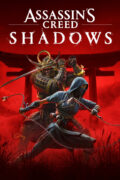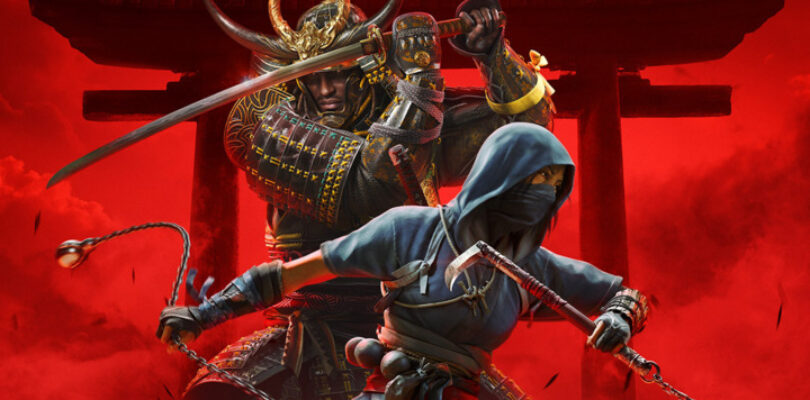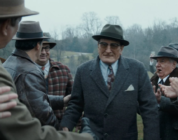Ubisoft has officially dropped Assassin’s Creed Shadows, and as expected, the gaming community is buzzing harder than a swarm of angry hornets. Set in the lush, chaotic world of 16th-century Japan, Shadows isn’t just another AC installment — it’s a bold, dual-bladed slash into uncharted territory. But while some players are praising its innovation and drop-dead visuals, others are raising eyebrows over narrative choices and mechanics.
Let’s break down what makes Shadows shine — and what’s making it shadowy.
A Tale of Two Killers
For the first time in AC history, Shadows lets you live out the story of two wildly different protagonists:
- Naoe, a nimble and deadly shinobi from the shadows.
- Yasuke, a real historical figure and African samurai who served Oda Nobunaga.
Each brings their own playstyle to the table. Naoe is stealth and speed incarnate — climbing walls, vanishing in smoke, assassinating silently. Yasuke? He’s a tank in samurai armor, wrecking enemies head-on with brutal force. The swap between the two isn’t just a gimmick — it genuinely changes how you experience missions, combat, and even exploration.
Japan is Alive — and Brutal
Ubisoft nailed the feudal Japanese setting. From golden autumn forests to snow-covered shrines, the world is not just gorgeous — it’s reactive. Seasons change. Water freezes. Light filters through bamboo in ways that feel downright next-gen. Some players are calling this the best-looking Assassin’s Creed game ever made — especially on PS5 Pro and high-end PCs.
The attention to cultural detail is impressive, too. Tea ceremonies, Japanese calligraphy, shoji doors, katana duels — it’s all here. This is clearly more than a reskin.
Gameplay: Fluid, Familiar, Yet Formulaic?
Here’s where opinions start to split. The combat feels tighter than recent RPG-heavy entries like Valhalla or Odyssey. You can switch between stealthy infiltration and head-on fighting based on who you’re playing, and the world supports both with impressive flexibility.
But… there’s a sense of “more of the same” creeping in. While Shadows introduces new tools like the kusarigama and refined stealth AI, the core loop — infiltrate, assassinate, escape — still feels deeply rooted in the franchise’s established (and slightly aging) formula. Critics are noting that Shadows innovates more in presentation than in structure.
Controversy in the Shadows
The inclusion of Yasuke — a real African man who became a samurai in Japan — has been both celebrated and criticized. Some gamers and historians appreciate the spotlight on a lesser-known real figure. Others question the narrative liberties taken, and accuse Ubisoft of bending history for marketing appeal.
Additionally, Ubisoft had to walk back some sensitive cultural missteps, like player interactions with sacred religious sites, after backlash from Japanese communities. It’s clear they aimed for cultural respect, but didn’t hit the mark on all fronts.
Reception: A Beautiful Divide
On launch, Assassin’s Creed Shadows pulled in over 1 million players on day one. Steam’s peak was a solid 41,000+ concurrent players, and most console players reported stable performance and solid framerates. The early reviews? Mixed-to-positive.
Critics have praised:
- The stunning visuals and world design
- Dual-character storytelling
- Rich, atmospheric soundtrack
- Combat variety and improved stealth
But noted:
- A lack of real mechanical innovation
- Some pacing issues in the story
- Repetitive mission structure
- Missed opportunities in side content depth
The Metacritic score currently floats in the low 80s — respectable, but not revolutionary.
Final Thoughts
Assassin’s Creed Shadows is a cinematic masterclass, drenched in atmosphere and character. It’s bold in its direction, unapologetically stylish, and deeply respectful in many ways to the setting it portrays.
But beneath the katana-sharp presentation, some old Assassin’s Creed habits die hard. If you’ve been fatigued by the Ubisoft formula, this game won’t completely change your mind — but if you’ve been hungry for a fresh coat of paint, Shadows delivers in spades.
Is it the best AC since Black Flag? Maybe not. But it might be the most ambitious one since then.






